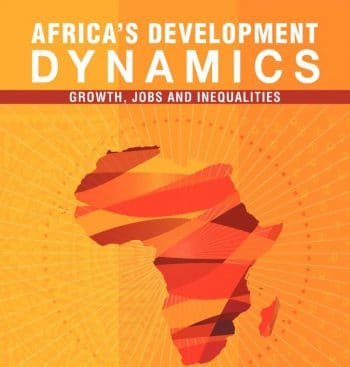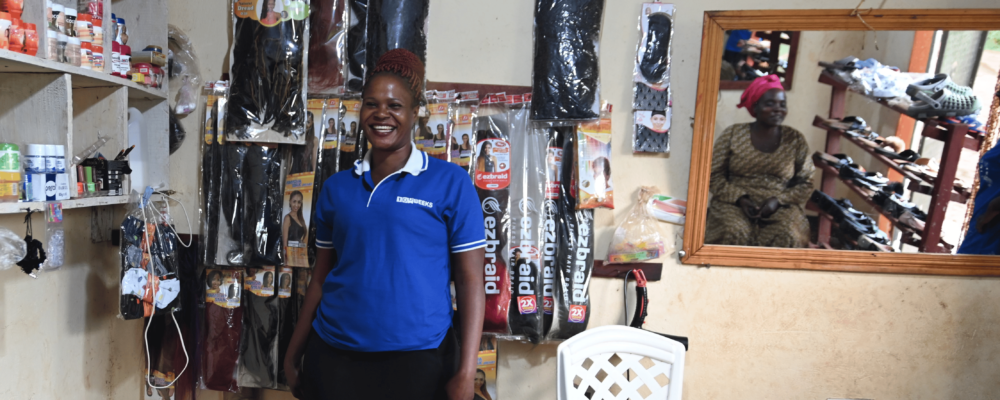
Policy highlights:
- Despite sustained growth, Africa shows limited progress in achieving the Sustainable Development Goals. Africa’s economy grew 4.7% per year between 2000 and 2017, making it the world’s second fastest growing region. However, this has not translated into improved wellbeing.
- Some ‘megatrends’ include: 1) emerging countries are taking up a larger share of the global economy, offering an opportunity to focus on new trading partners, 2) (digital) technology can improve production and service delivery, 3) urbanization brings opportunities, such as a market for domestic labour and consumption, and 4) climate change should be considered, hence, moving towards ‘green growth’ strategies is key.
- However, African dynamics are diverse: 1) East Africa has benefited from higher and more resilient economic growth than the other regions thanks to a more diversified economy, 2) issues of underemployment remain prominent (especially among women and youth), although some northern and southern countries also face structural unemployment, and 3) poverty has fallen, but inequality is high (Southern Africa shows the highest level of income inequality).
- Important key messages for policymakers include: 1) poverty can be better addressed by reducing inequality (if the Gini coefficient of African countries was equal to that of developing countries in Asia, an additional 130 million people would have been lifted out of poverty between 1990 and 2016), and 2) improving the availability of quality jobs is key. In line with current trends, the share of vulnerable employment in Africa will remain at 66% until 2022 and an estimated 282 million workers are now in vulnerable employment. Both social protection and quality employment can contribute to economic and social resilience.










